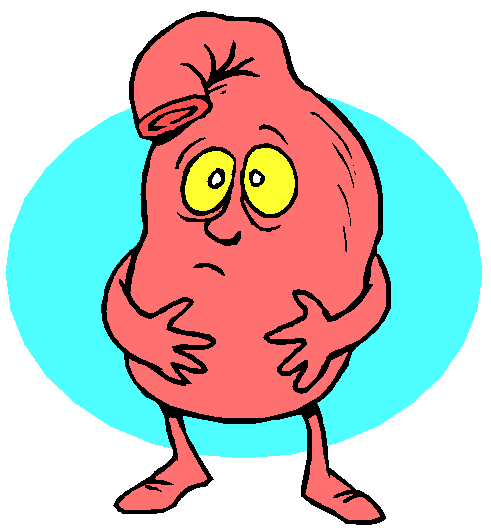 GERD, or gastroesophageal reflux disease, is a chronic condition that creates a burning sensation in your chest and throat. Since constant inflammation and acid contact erodes esophageal tissues, the condition can be more than uncomfortable; it can be damaging. Herbs and natural health remedies help ease the discomfort, putting out the fire for many people.
GERD, or gastroesophageal reflux disease, is a chronic condition that creates a burning sensation in your chest and throat. Since constant inflammation and acid contact erodes esophageal tissues, the condition can be more than uncomfortable; it can be damaging. Herbs and natural health remedies help ease the discomfort, putting out the fire for many people.
GERD Symptoms
Although heartburn is the most prevalent symptom of GERD, other symptoms might also arise. The following are some examples:
· Belching
· Food regurgitation
· Chronic wheezing and cough
· Sore throat
· Chest pain
· Difficulty swallowing
Any person can get GERD. In fact, the condition is common among young children and even infants.
Helpful Herbs
Commonly used herbs for GERD include licorice, slippery elm, marshmallow and chamomile. The following are some of the ways in which these herbs work to reduce acid and ease GERD symptoms:
· Licorice: Contains substances that help reduce inflammation, promote healing of irritated tissues, and protect the throat and stomach.
· Slippery Elm: Mucilage in the herb coats irritating tissues, offering relief and protection against erosive acid.
· Marshmallow: Like slippery elm, marshmallow contains throat-soothing mucilage.
· Chamomile: Chamomile makes a calming tea that helps relieve stress, reduce nausea and decrease symptoms related to digestive disorders.
Other Remedies
In conjunction with herbs, you can control GERD with simple remedies and dietary changes. Avoiding acidic foods and beverages is the first step. Coffee, tomato juice, carbonated drinks and orange juice are often problematic. However, the size of your meals is just as important as its content because too much food can cause acid to churn in the stomach, leading to GERD symptoms. Therefore eating small, non-acidic, low-fat foods is ideal. Since smoking and drinking alcohol aggravate GERD, quitting smoking or reducing your consumption of alcohol can improve your GERD condition.
Stress-Reduction for GERD
Because stress exacerbates GERD, stress-reduction techniques are a helpful treatment for some people. Yoga, deep breathing and meditation are some methods for relaxing. Raising the head of your bed also helps keep acid from rising in the throat at night.
References: MayoClinic.com; GERD: Symptoms; May 2011 http://www.mayoclinic.com/health/gerd/DS00967/DSECTION=symptoms
MayoClinic.com; GERD: Alternative Medicine; May 2011
http://www.mayoclinic.com/health/gerd/DS00967/DSECTION=alternative-medicine
University of Maryland Medical Center: Gastroesophageal Reflux Disease
http://www.umm.edu/altmed/articles/gastroesophageal-reflux-000068.htm
